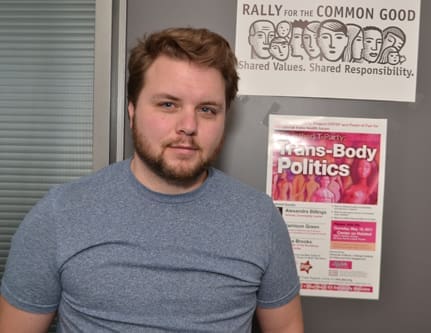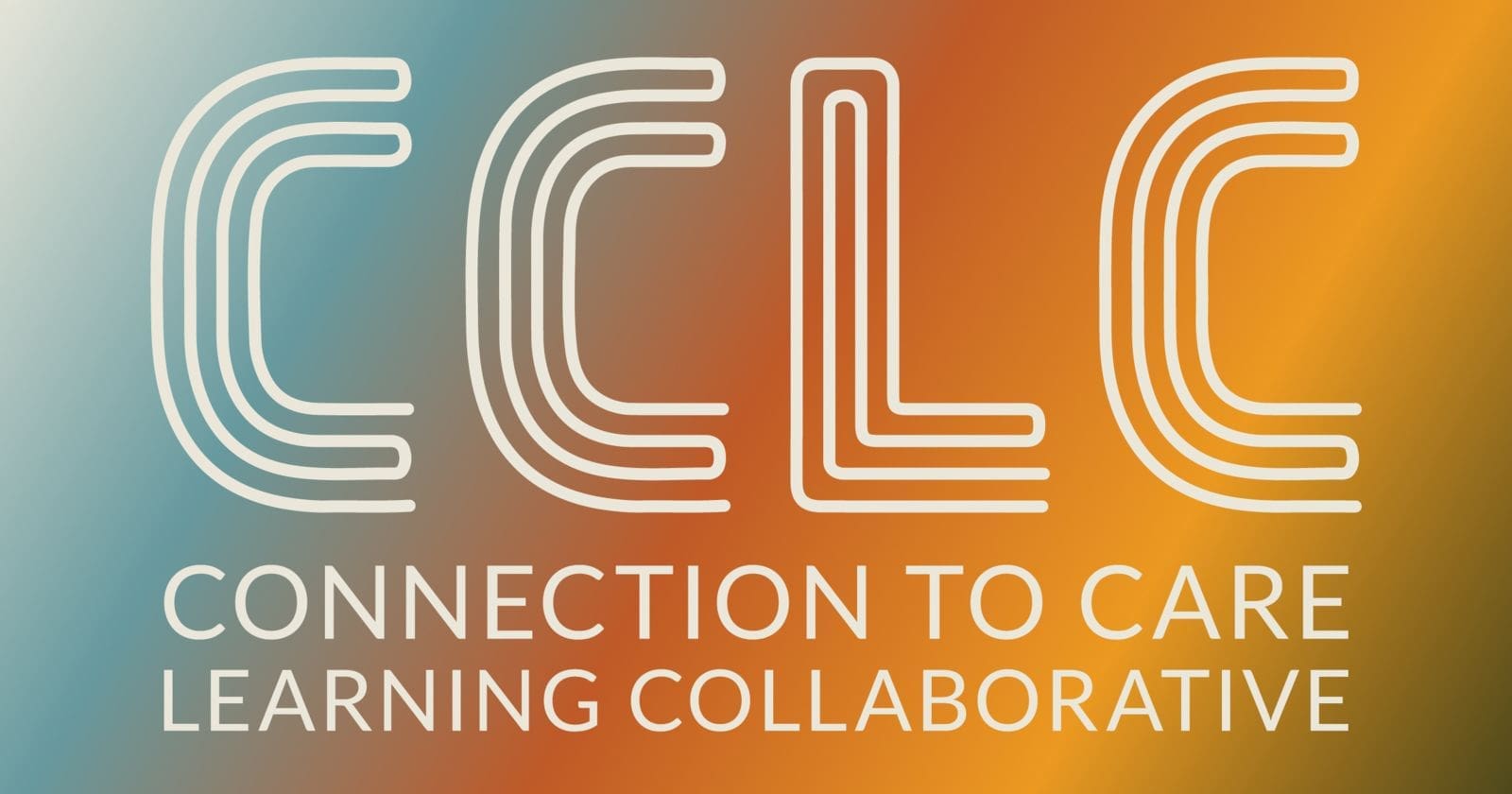By Livvie Avrick
The role of Black women in healthcare often goes unseen and undervalued. At AFC, the impact of Black women cannot be overstated. Take the Care team for example, led by four extraordinary black female-identified leaders, Bashirat Olayanju, Lakethia Patterson, Angela Jordan, and Melanie Cross, these women are critical in keeping the Chicago HIV communities healthy, well, and thriving.
The importance of having Black and Latinx individuals leading teams at nonprofits goes beyond representation. Black Women’s Equal Pay Day measures the point when Black women catch up to what white men were paid the year before. Black women are paid 58 cents for every dollar spent to white men. Yet we know that leaders who are equitability supported at high levels can often result in better decisions and outcomes for the communities we serve. As we work toward ending the HIV epidemic, organizations must have diverse and inclusive staff at all levels. So one of AFC’s Racial Equity Action Plan elements is to increase the number of Black and Latinx staff, leadership, and board members at all levels. Equal pay is vital to AFC, and this year staff salaries were raised by about $1 million to ensure staff is being paid equitably compared to comparable positions in other organizations. Join us in celebrating the Care Team and the impact they have on our communities.
Meet the Care Team
AFC is a system leader and has an entire Care Team devoted to ensuring people living with HIV receive the highest-quality services from the community and from AFC. Led by Bashirat Olayanju, AFC’s Vice President of Care, the Care Team is one of the largest teams at AFC and the largest coordinated HIV case management systems in the country with 130 case managers at 30 different agencies providing culturally competent care to 5,000 plus clients. As Bashirat describes it, care is “having physical bodies who are available to work with clients, hand holding as tight as they want it to be held or as loose as they want it to be held,” guiding them through their HIV journey whether someone is newly diagnosed or has been living with HIV for a long time.
Bashirat’s driving force is quality improvement, and over the last couple of years due to COVID, her team has had to be resilient and innovative in how they operate. They have been able to remove many administrative barriers, which has allowed case managers to be able to spend more quality time with their clients, learning how to best meet their needs. Services like telehealth and Instacart home grocery delivery have been a game changer for their clients. Bashirat is focused on getting better results for her clients, and that means trying new things and finding new ways to support clients.
“I am confident that I am doing the work that I am supposed to be doing; I feel like I am making a difference, and I know the people leading the team with me are the right people for the job, and it so happens to be all Black women, which is really great,” said Bashirat.
For Lakethia Patterson, AFC’s Director of the Ryan White Program, care and social services have always been part of her life. Growing up in Cabrini-Green, Lakethia was always volunteering and part of different community groups and organizations. “Once I started teaching health educational classes, a light went off, and I was like I’m a natural, it’s so fulfilling, it’s so awesome,” said Lakethia. “That made me change my career to social services, and that was almost 20 years ago now.”
Lakethia oversees the direct services team, which consists of care coordination specialists, medical benefits coordinators, and medical and senior services case managers. These case managers can have a caseload of 45 to 100 clients.
“I am very proud that I can educate and help my team as well as the case managers and assistants to grow. I am most proud that I can coach and train others with all my years of experience not only professionally, but also personally,” said Lakethia.
There aren’t many women of color in top positions in the non-profit field, but it is a huge benefit. “We can easily relate to some of the issues that we see in the populations that we serve,” said Lakethia.
Most clients that enter case management go directly through Angela Jordan’s team, who is the Senior Intake & Referral Manager at AFC. “My favorite part of my job is seeing the cycle completed; seeing someone enter case management, go through the referral process, following them through to the linkage of their case manager, reading their case notes to see how they’re progressing, and some of the clients eventually end up no longer needing case management and the cycle is complete; that is rewarding,” said Angela.
One of the most challenging parts of Angela and her team’s role is not knowing what type of call they may be getting or not having a resource that matches a client’s need. Each day, they receive many calls that can range from an informational question to a complex crisis.
“Often, we take calls from individuals where pretty much we are the only people they’ve shared their HIV diagnosis with,” said Angela. “I think about how difficult that could be to not have a support system. I enjoy the fact that they trust us enough to share that information with us; at the same time, it does pull at your heartstrings the things that we hear.”
“I’m most proud of the fact that my team is uniquely diverse and is representative of the communities that we serve,” said Angela.
In Melanie Cross’ role as Senior Manager of Care Systems Management at AFC, she oversees some special projects that the Care team has including training for all 130 case managers in the AFC system and the Department of Rehabilitation Services (DRS) home and community-based care case management program. She ensures that case managers feel supported and that all special projects have a positive outcome.
“There is no wrong door into care navigation,” said Melanie. “Care means to me, simply put, that we actually care. That us as a department, we are intentional and thoughtful in providing services to our clients and that we consider deeply the quality of services that we provide, following up to ensure things are complete and finalized for our clients.”
One of the ways that makes the Care team successful is being collaborative and representative of the populations that they serve. “I’ve been able to lean on my team and have been able to receive the help that I need or the guidance to move forward,” said Melanie.
“To me, the fact that we are a team led by all Black women is a power statement. It’s exciting for me,” said Melanie.



